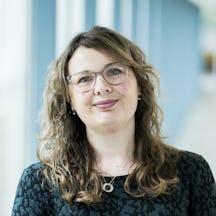As a mother of neurodivergent children, Erin Beeston has found that parents’ experiences are often overlooked: from the exhaustion of advocacy while navigating the referral system, to the self-reflection that your kids can precipitate. For Erin, this has led to a surprising combination of unease and catharsis as she begins to rethink her own childhood and wonder if she’s wired differently too.
My eldest turned four during the Covid pandemic and, like many parents, we muddled through home-schooling. The most powerful memory of Reception year at home was a sense that we’d caged an animal, as my son ran back and forth from room to room. It was painful to see my active child confined and isolated, unable to sit still.
By Year 1, my son’s teachers perceptively noticed neurodivergent traits, though formal diagnosis is still years away, due to lengthy waiting lists for everything from sensory assessments to autism pathways. However, when you know, you know. Immersed in a world of paperwork, school SEND (special educational needs and disability) meetings and noticing the increasingly apparent differences of my child, there is no doubt that we are on our way to formal diagnosis.
This brings mixed feelings, but ultimately, what many SEND parents strive for is legitimacy, and the authority to say this is why my child is different, and this is what we need to do to make their lives better. There’s certainly a sense of relief among my SEND parent tribe when medical categories are ascribed to their children, a vindication perhaps that parental spidey senses were right all along.
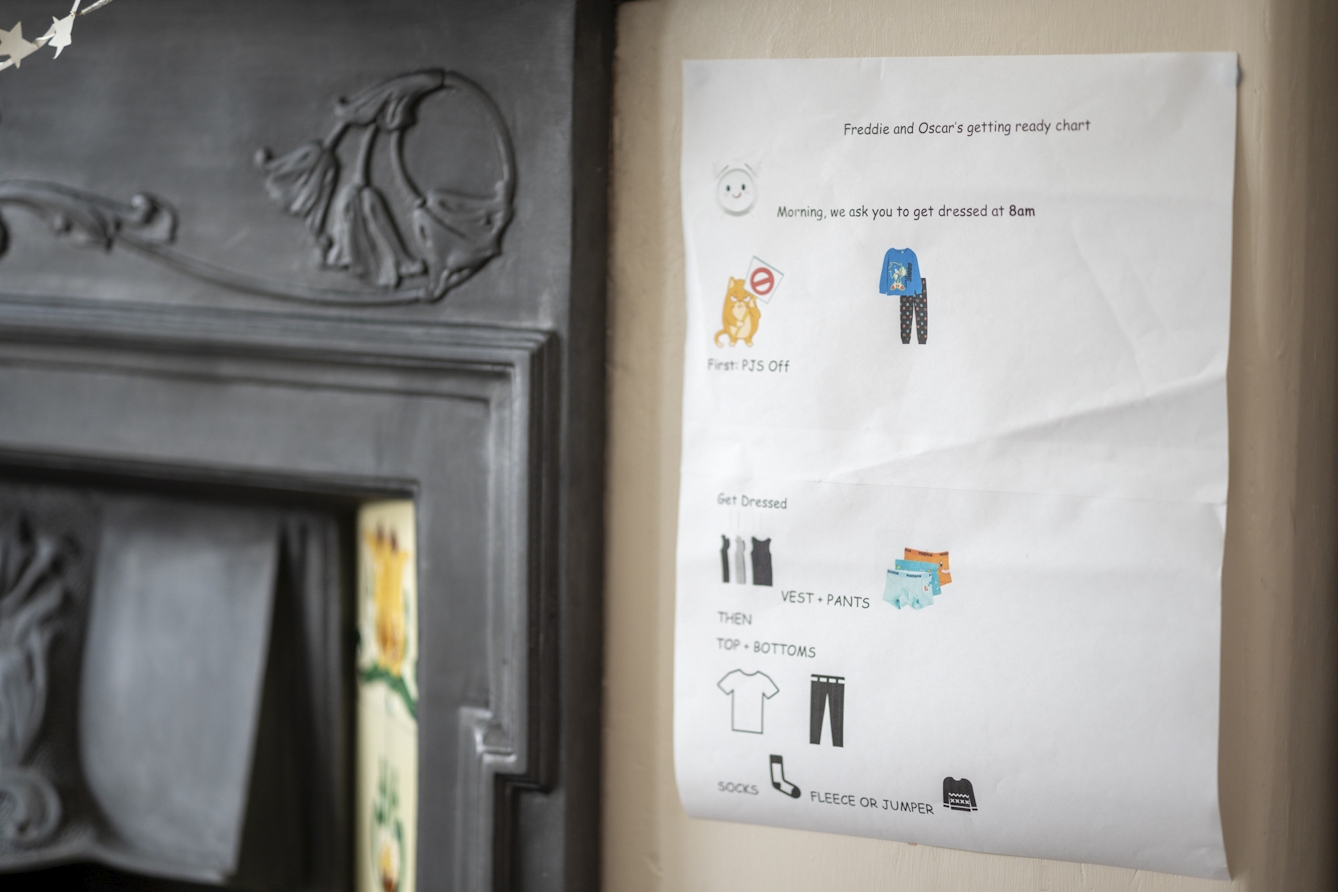
“My eldest turned four during the Covid pandemic and, like many parents, we muddled through home-schooling.”
Yet, as fellow primary-school parent Tor reflects, once your child receives a formal diagnosis, they are set apart from their peers and their differences can be further accentuated: “Being a parent to a newly diagnosed child with ADHD [attention deficit hyperactivity disorder] brings highs and lows. In terms of school, his diagnosis has helped me to get the right help, tools and equipment for him to enjoy school again. The lows are that your child is now labelled as different and ‘will need more work’ than other children in the class.”
I share Tor’s concerns about my son being compared with other children and labelled ‘different’. Meanwhile, nagging away in the back of my mind, I am revisiting my childhood experiences. To borrow from therapy-speak, I find my child’s struggles triggering, as they remind me of my own.
Being ‘different’
Due to lack of knowledge and embedded ableism, in the late 1980s and early 1990s a girl ‘boffin’ with anxiety like me would never have been considered to have SEND. Characteristics considered quirky or odd when I was younger are now understood to be traits of conditions like ADHD or autism spectrum condition (ASC).
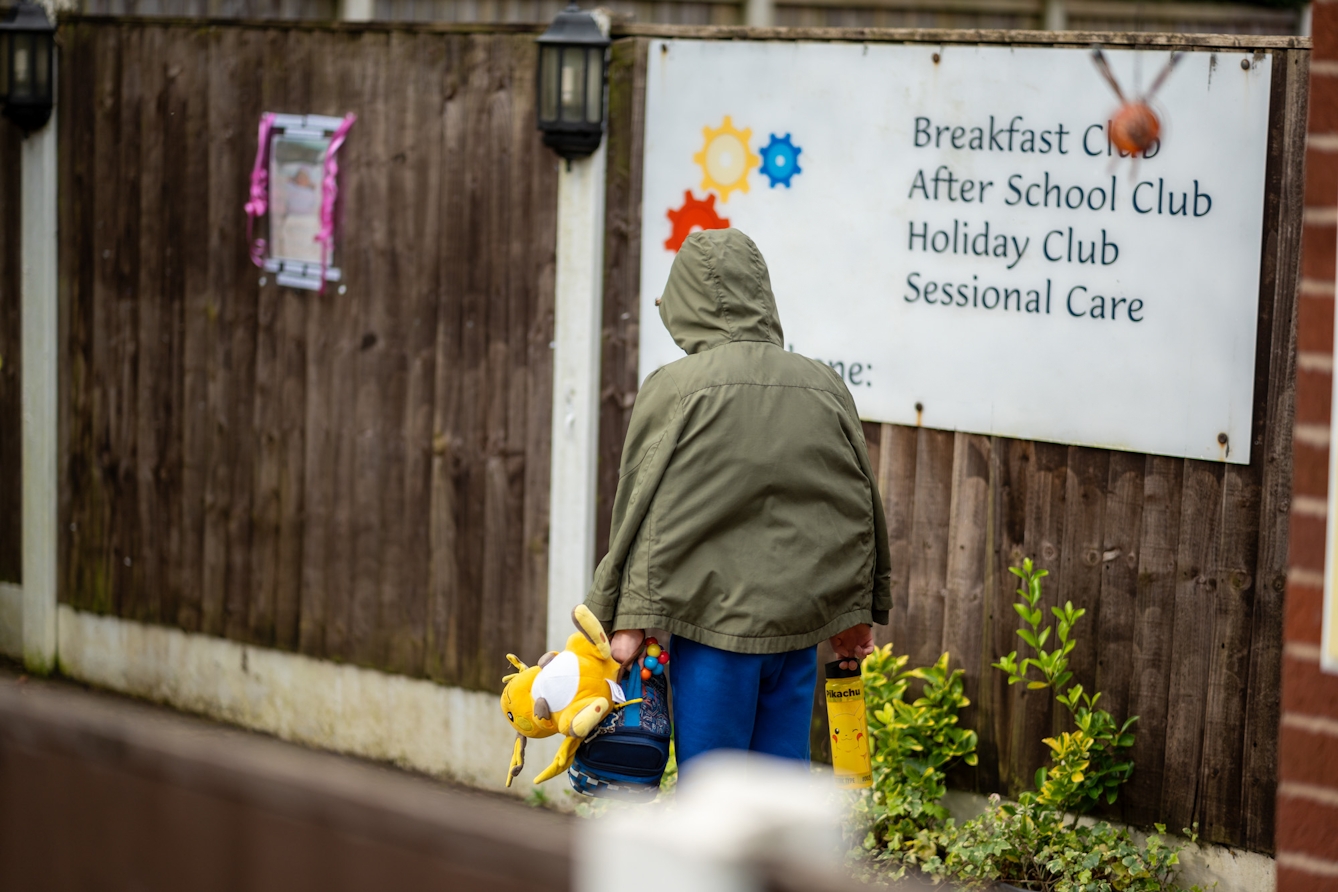
“To borrow from therapy-speak, I find my child’s struggles triggering, as they remind me of my own.”
Less-than-helpful support ranged from a teacher telling me “not to worry” about the SATs as I became increasingly agitated. Later, when I ran away from home one afternoon in Year 4, I was questioned why I did it – I had no idea, I was experiencing overwhelm – and angrily accused of attention-seeking.
I often think, if only I had known why I was different, perhaps things would have been better. This is a major drive for me to pursue whatever help I can for my children, exhausting though it is.
“We should all get tested!” half-joked a mum at the SEND parents’ group when we shared these feelings. Given the familial tendencies of many types of neurodevelopmental conditions (such as dyslexia, dyspraxia and Tourette’s syndrome) this is surely a missed opportunity?
If only I had known why I was different, perhaps things would have been better.
Speaking with other parents has opened my eyes to how common these feelings are. Sarah, a mum of three who is particularly struggling to get a diagnosis for her daughter, explains her emotions as she recognised traits in herself.
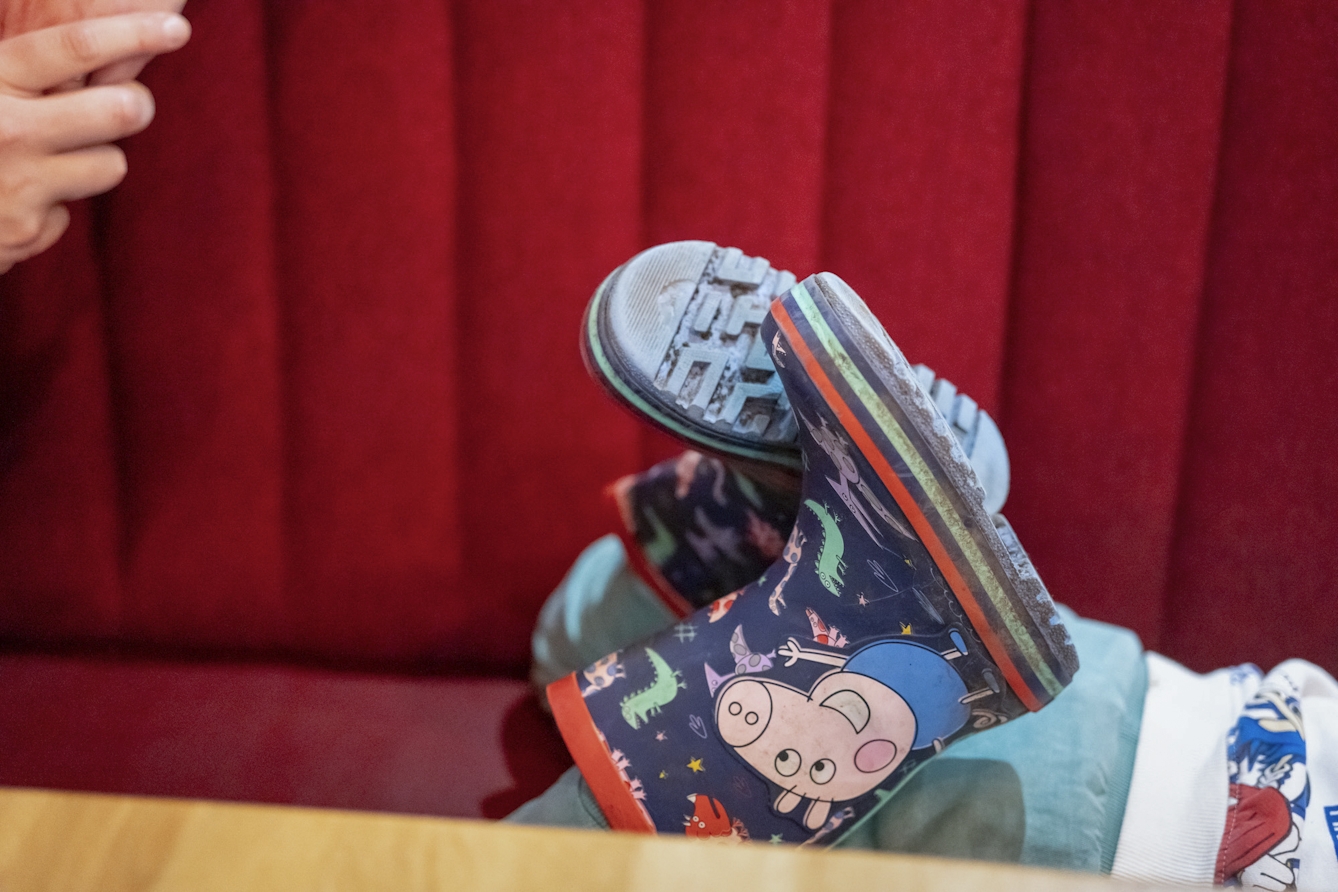
“‘We should all get tested!’ half-joked a mum at the SEND parents’ group when we shared these feelings.”
“The slow realisation was painful at first, a process of mourning a childhood that could have been more comfortable if only we’d known. There was a bit of denial – how on earth could I have managed to get this far in life without a single clue that I might be neurodivergent? But the final stage was by far the best: relief and self-forgiveness. It’s so empowering to know I’m not weird or rubbish at getting things done and that I just have a different brain.”
Like me, Sarah would like to know what ‘flavour’ of neuro-spicy she is. Neuro-spicy, by the way, is a slang term that feels much warmer than medical terminology – a positive alternative for ‘different’, especially if you like curry as much as I do.
The merits of diagnosis
Although the state of NHS waiting lists and council budgets barely stretch to our children’s urgent needs, perhaps, in an ideal world, we should all get tested? In one respect, finding out more about ourselves would place neurodivergent parents in a stronger position to identify physical and intellectual barriers in our children’s lives.
On the other hand, is it just too painful if there’s little likelihood of reasonable adjustments in our adult lives? Does diagnosis help or hinder you? This is a question that many SEND parents deeply consider.
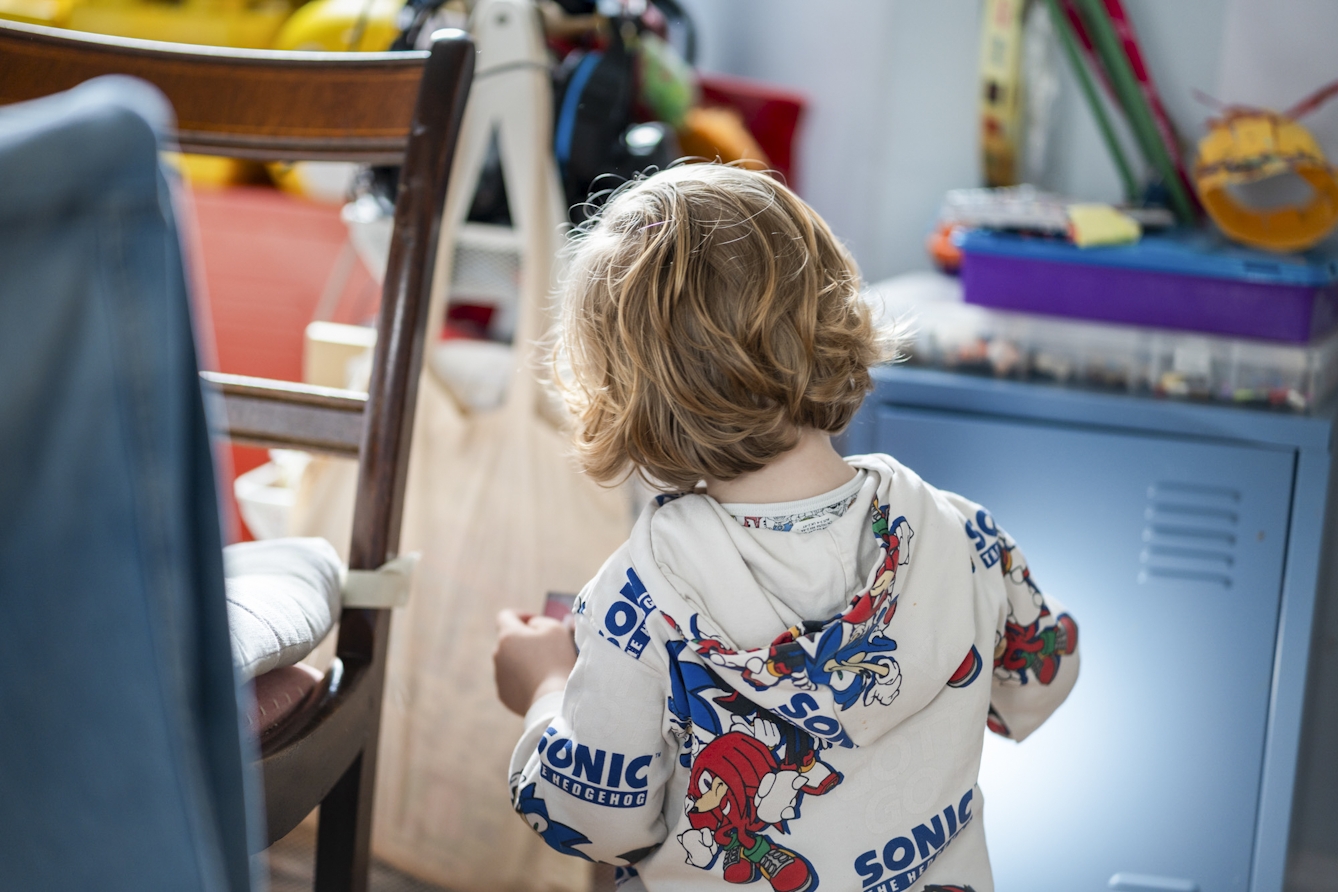
“Finding out more about ourselves would place neurodivergent parents in a stronger position to identify physical and intellectual barriers in our children’s lives.”
Personally, the effort required seems insurmountable, whether that’s the financial cost of undergoing an adult assessment privately, or the emotional stress of lingering on NHS waiting lists and feeling like you’re “taking up space”. I cannot face starting this process while I’m also vehemently advocating for my children. As Tor laments, “We fight on for the sake of our kids and their right to be who they are and not what society wants them to be.”
For now I have to focus on my children but, in the future, perhaps I’ll join the legions of women who are finally diagnosed with autism or ADHD in later life. And maybe, just maybe, one day so-called “neurodevelopmental disorders” will be considered ‘typical’ for us all.
About the contributors
Erin Beeston
Erin Beeston is an historian, writer and heritage researcher. When she’s not juggling SEND parenting and the referral system, Erin’s making light of the situation through stand-up comedy.
Steve Cross
Dr Steve Cross is a creative producer and comedian who started taking photos of other comedians to have something to do while not on stage. He’s the founder of Science Showoff, a chaotic science comedy night that focus on creating new talent. His photos have been used by the Guardian, Observer, BBC and Independent, and he’s told jokes across the world and in the basement of Wellcome Collection.

